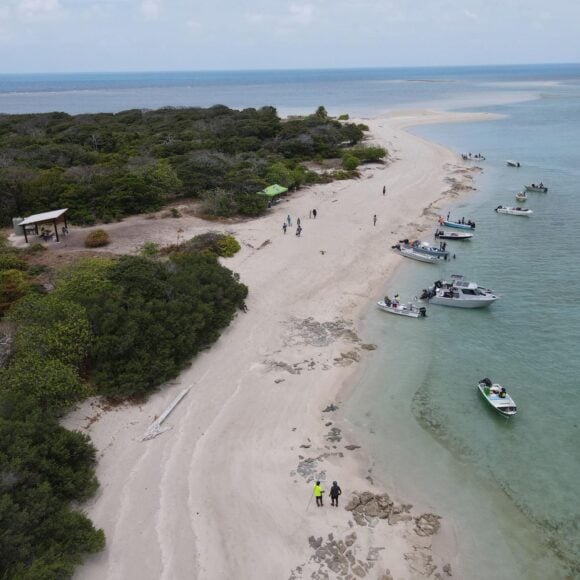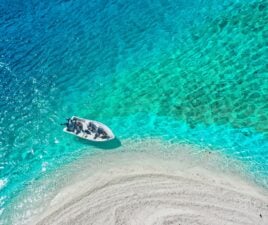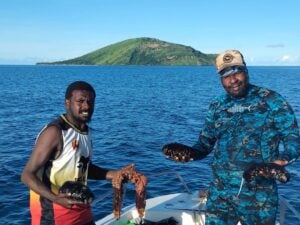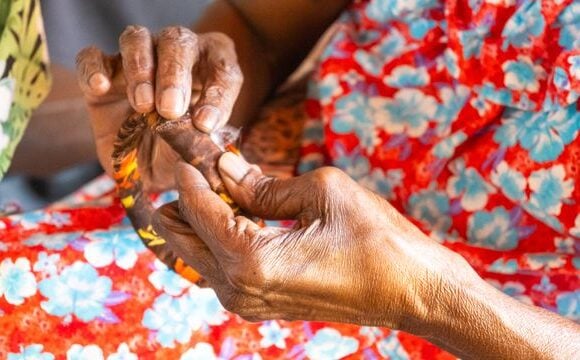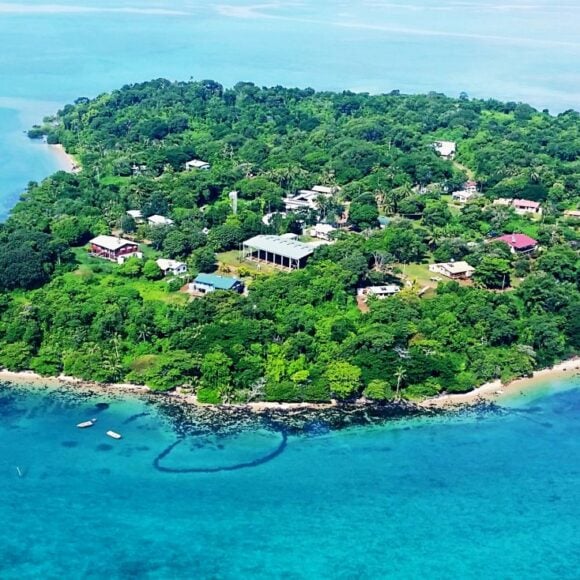Program overview
Enhance the region’s wealth by managing and maintaining sustainable fishing industries and increasing employment and economic opportunities for our people.
Nominations open: PZJA TIB Advisory Committee
Applications close 16 June 2025.
Download the Nomination Form here.
All previous applications and Expressions of Interest will be automatically transferred to the new selection process, these applicants do not need to reapply.
- First Nations ownership of finfish and bêche-de-mer fisheries
- %
- First Nations ownership of tropical rock lobster fishery
- %
- Traditional Inhabitant Boat (TIB) Licence holders for black teatfish
- +
Initiatives
-
Progressing towards 100% Indigenous ownership of the region’s fisheries.
-
Increasing capacity of Indigenous fishers to participate in commercial fishing.
-
Supporting TSRA representation and community engagement in the Protected Zone Joint Authority (PZJA) management process.
-
Managing lease-out of unused Torres Strait fisheries quotas.
-
Supporting research into the sustainability and commercial use of Torres Strait fisheries.
-
Assisting with community communication regarding fisheries issues in the region.
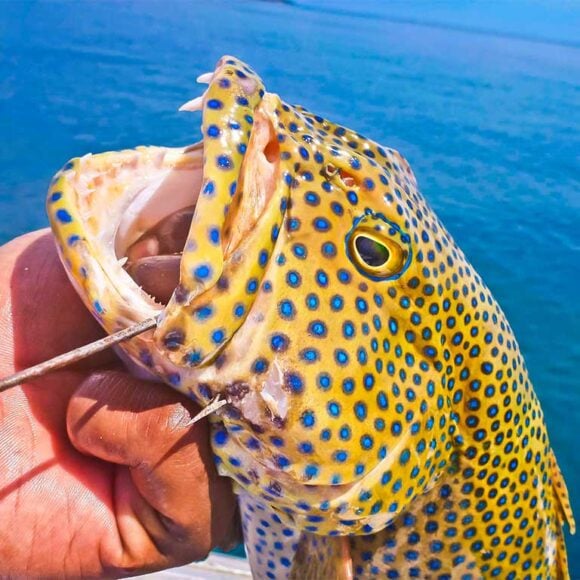
Resources
-
Fact Sheets
-
Guides and resources
-
Wapil 2 Project Grants
-
Newsletters
